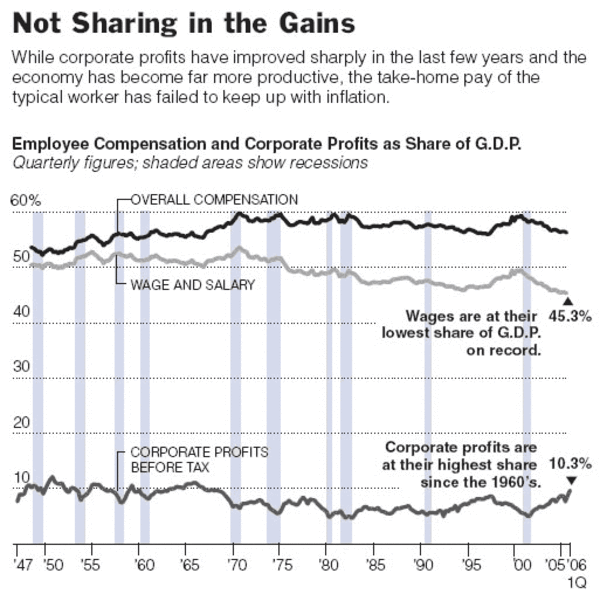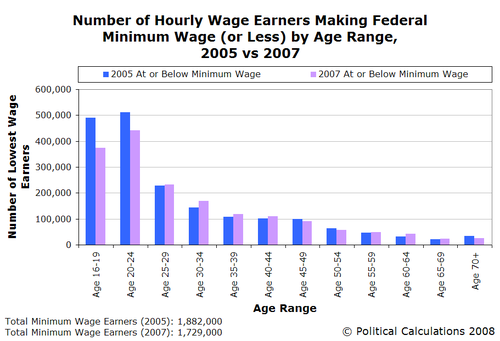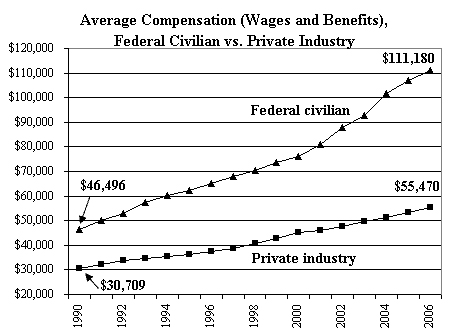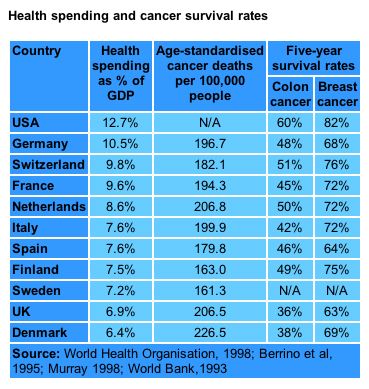Aspiring Governor, self-proclaimed substitute for the SEC, and enemy of Antarctica Eliot Spitzer is about to start a criminal trial against Dick Grasso, former head of the NY Stock Exchange (NYSE).
And I have no idea why.
Certainly it has something to do with Mr. Grasso's pay, which Mr. Spitzer thinks was too high. The NYSE, for those who may be confused, is a private institution owned by some of the richest and supposedly financially savviest people in the country. The owners or seat-holders select a board of directors, who in turn approved Mr. Grasso's pay package. I imagine that there are folks who think that the stock exchange is a public institution or uses public money, but it is not and does not, though it does have some quasi-regulatory responsibilities.
The best I can figure it, Mr. Spitzer is arguing that Mr. Grasso somehow tricked these babes-in-the-woods on the board, which include naive and inexperienced people such as CEO's of Fortune 50 companies, heads of investment banks and brokerage firms, and a former US Secretary of State. Now, I can imagine that the government might have an interest if Mr. Grasso somehow cooked the books to inflate his pay fraudulently. In fact, the director of HR has admitted he did not give the board all the relevant information, but board members have already said that they did not rely on this person for their information. Remember that most of the folks on the board themselves get paid in a similar league as Mr. Grasso's pay, so most saw it as a competitive offer, at least until negative publicity caused all the cockroaches to run for cover.
So Mr. Spitzer is starting criminal proceedings against people who he thinks negotiate too well for themselves or are paid more than they are worth. I am sure glad he wasn't doing this 15 years ago. I remember getting hired as a new Business school grad at McKinsey & Co. as a consultant for some ridiculous amount of money, and thinking "I can't be worth that! I don't know anything! Are they really paying me to tell experienced CEO's what to do?" Boy, what panic I would have had if I had known there was an AG out there looking to send overpaid people to jail!
The WSJ has a really fascinating editorial that I will link to, though a paid subscription is required (update: Try this link instead, it may get you there free or maybe here). The overall picture is one of, if there was a crime at all, the wrong people are on trial. Here is a taste:
In early June of 2003, when the
membership of the [NYSE] compensation committee changed, the Webb interviews
begin to tell a story of wider board dysfunction. And if there was a
screw loose in this new operation it appears to be not Mr. Langone --
who by all the interview accounts ran a tight ship -- but his
successor, [former New York State Comptroller Carl] McCall. This is a vital point, given that Mr. Spitzer, a
fellow Democrat, did not name Mr. McCall in his lawsuit. What toppled
Mr. Grasso was not the $139 million payment the board approved in
August of 2003 but the later news that Mr. Grasso was owed $48 million
more. Many board members said they didn't know about this payment and
for that many blame Mr. McCall.
The interview notes are rife with comments that Mr.
McCall had little inclination or ability to understand the contract he
took over negotiating. An outside consultant, William Mischell, said
that when he and Mr. Ashen explained the contract to Mr. McCall, "the
meeting . . . lasted somewhere between 15 to 30 minutes, with McCall
making or taking phone calls throughout and not really focusing on the
details." Mr. McCall himself told investigators that "the subject of
executive compensation was entirely foreign to him" -- yet he refused
offers of help to explain the contract to others. When asked why Mr.
McCall was chosen to chair the committee rather than someone more
knowledgeable, Mr. Karmazin told the Webb team that it was an "image
thing" (the NYSE had just instituted new governance standards).
Mr. McCall's excuse for not giving directors
"additional details" about the $48 million or other aspects of the
contract -- which were clearly stated in the text -- is that "he was
not aware of any." That's because, as he admitted, he didn't read the
full document, even before he signed it. Moreover, at least one
director, Van der Moolen's Mr. Fagenson "asked McCall twice to make
certain that all pension plans and other plans were going to terminate
on this date, but stated he never received any updates from McCall on
these issues."
As Mr. McCall went to brief the full board on Aug. 7,
2003, he was given talking points that referenced the extra $48 million
but didn't read these or tell the board. J.P. Morgan Chase CEO William
Harrison noted that Mr. McCall "did not appear to understand the
proposed payout very well. . ." Avon CEO Andrea Jung noted that "McCall
struggled" and that "others were more able to answer questions." Mr.
Karmazin described Mr. McCall as "flustered," and said he did a
"horrible job" of explaining the numbers. Leon Panetta, former Clinton
White House chief of staff, speaking of a later McCall performance, was
blunt: "Carl knew nothing."
The article sums up the Board this way:
The board, which was often
dysfunctional, was stocked with celebrities from diverse
constituencies, many of whom didn't understand the NYSE or take their
responsibilities seriously. Former New York State Comptroller Carl
McCall, who brought Mr. Grasso's contract to fruition, was viewed by
his colleagues as incompetent and, in the words of Goldman Sachs CEO
Henry Paulson, not "financially sophisticated." Former Secretary of
State Madeleine Albright felt she shouldn't "question" the pay; Bear
Stearns CEO James Cayne admitted he "tuned out" of the pay proceedings;
and Van der Moolen Vice Chairman Robert Fagenson suggested the only
real concern was "how this was going to reflect on the Board."
But the interviews also make clear that more astute
board members, such as Mr. Langone, former Viacom President Mel
Karmazin, and former Merrill Lynch Chairman David Komansky, took it
upon themselves to understand Mr. Grasso's contract, and offered strong
arguments for why they'd paid him as they had. "We knew what we were
doing when we paid him. We did it purposely, and we believed it was the
right compensation," Mr. Komansky said in his interview
In this environment, Grasso is culpable, how?







